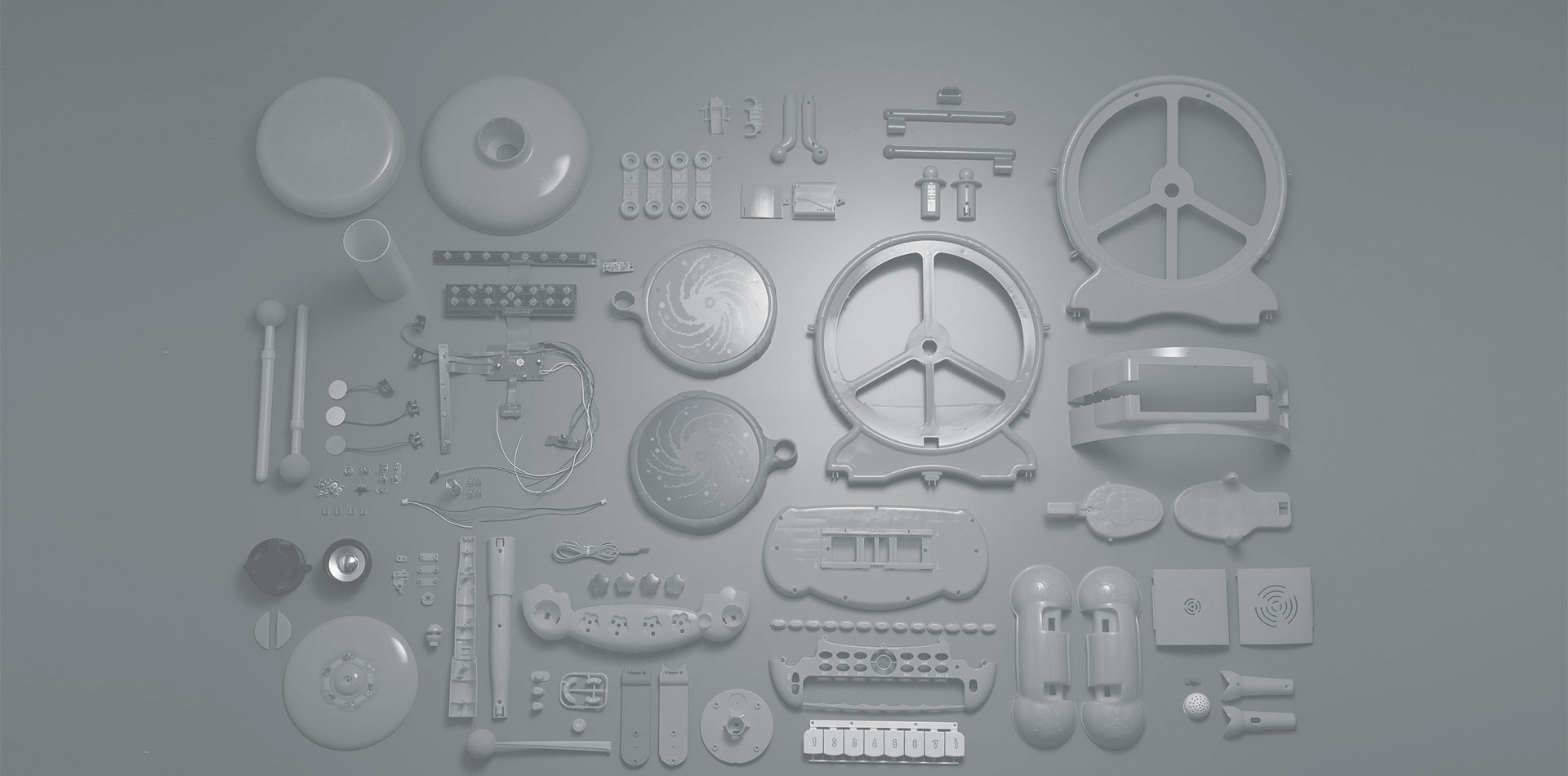Exploring the World of Eco-Friendly Toys for Infants: A Sustainable Choice for Playtime
Release time:
2025-09-13
In recent years, there has been a significant shift towards eco-friendly toys in the realm of infant and toddler products. Parents and caregivers are increasingly aware of the impact of their choices on both the environment and their children's well-being. Eco-friendly toys refer to products made from sustainable, non-toxic materials that prioritize safety, durability, and environmental responsibi
In recent years, there has been a significant shift towards eco-friendly toys in the realm of infant and toddler products. Parents and caregivers are increasingly aware of the impact of their choices on both the environment and their children's well-being. Eco-friendly toys refer to products made from sustainable, non-toxic materials that prioritize safety, durability, and environmental responsibility.
One of the primary benefits of eco-friendly toys is the use of natural materials, such as wood, organic cotton, and biodegradable plastics. These materials are less likely to contain harmful chemicals such as phthalates, lead, and other toxins often found in traditional plastic toys. For infants who are prone to exploring their surroundings by putting objects in their mouths, choosing non-toxic options is critical for their health and safety.
In addition to being safer, eco-friendly toys often have a lower environmental impact. The production processes for these toys typically emphasize sustainability, reducing waste and energy consumption. Brands that prioritize eco-friendliness often source their materials from renewable resources and implement environmentally friendly manufacturing practices. This not only helps to protect our planet but also introduces children to the concept of sustainability from a young age.
Furthermore, eco-friendly toys can support the development of important skills in infants and toddlers. Many of these toys are designed to promote imaginative play and creativity, encouraging children to explore and learn through hands-on experiences. For example, wooden blocks can help with fine motor skills and spatial awareness, while soft organic fabric dolls can foster nurturing behaviors and social skills.
When selecting eco-friendly toys for your infant, it is essential to look for certifications and labels that indicate safety and sustainability. For instance, toys with certifications from recognized organizations can reassure parents that products meet strict safety standards and environmental guidelines. Additionally, choosing toys that are designed to last can further reduce waste, as high-quality materials often withstand the wear and tear of daily play.
In summary, eco-friendly toys provide a multitude of benefits for infants and toddlers. By prioritizing safety, sustainability, and developmental value, these toys offer a conscientious choice for parents who wish to foster a healthy, eco-conscious mindset in their children from an early age. Ultimately, the shift towards eco-friendly toys reflects a broader movement towards environmental awareness and responsibility, making them a wise choice for the next generation.
One of the primary benefits of eco-friendly toys is the use of natural materials, such as wood, organic cotton, and biodegradable plastics. These materials are less likely to contain harmful chemicals such as phthalates, lead, and other toxins often found in traditional plastic toys. For infants who are prone to exploring their surroundings by putting objects in their mouths, choosing non-toxic options is critical for their health and safety.
In addition to being safer, eco-friendly toys often have a lower environmental impact. The production processes for these toys typically emphasize sustainability, reducing waste and energy consumption. Brands that prioritize eco-friendliness often source their materials from renewable resources and implement environmentally friendly manufacturing practices. This not only helps to protect our planet but also introduces children to the concept of sustainability from a young age.
Furthermore, eco-friendly toys can support the development of important skills in infants and toddlers. Many of these toys are designed to promote imaginative play and creativity, encouraging children to explore and learn through hands-on experiences. For example, wooden blocks can help with fine motor skills and spatial awareness, while soft organic fabric dolls can foster nurturing behaviors and social skills.
When selecting eco-friendly toys for your infant, it is essential to look for certifications and labels that indicate safety and sustainability. For instance, toys with certifications from recognized organizations can reassure parents that products meet strict safety standards and environmental guidelines. Additionally, choosing toys that are designed to last can further reduce waste, as high-quality materials often withstand the wear and tear of daily play.
In summary, eco-friendly toys provide a multitude of benefits for infants and toddlers. By prioritizing safety, sustainability, and developmental value, these toys offer a conscientious choice for parents who wish to foster a healthy, eco-conscious mindset in their children from an early age. Ultimately, the shift towards eco-friendly toys reflects a broader movement towards environmental awareness and responsibility, making them a wise choice for the next generation.

Guangdong Baoli Cultural Development Co..Ltd
NO.2 Cross-west Qujian Road, Fengxin Gangkou Industrial Park, Fengxiang in Chenghai District, Shantou City, Guangdong Province, China
Copyright © Guangdong Baoli Cultural Development Co..Ltd







